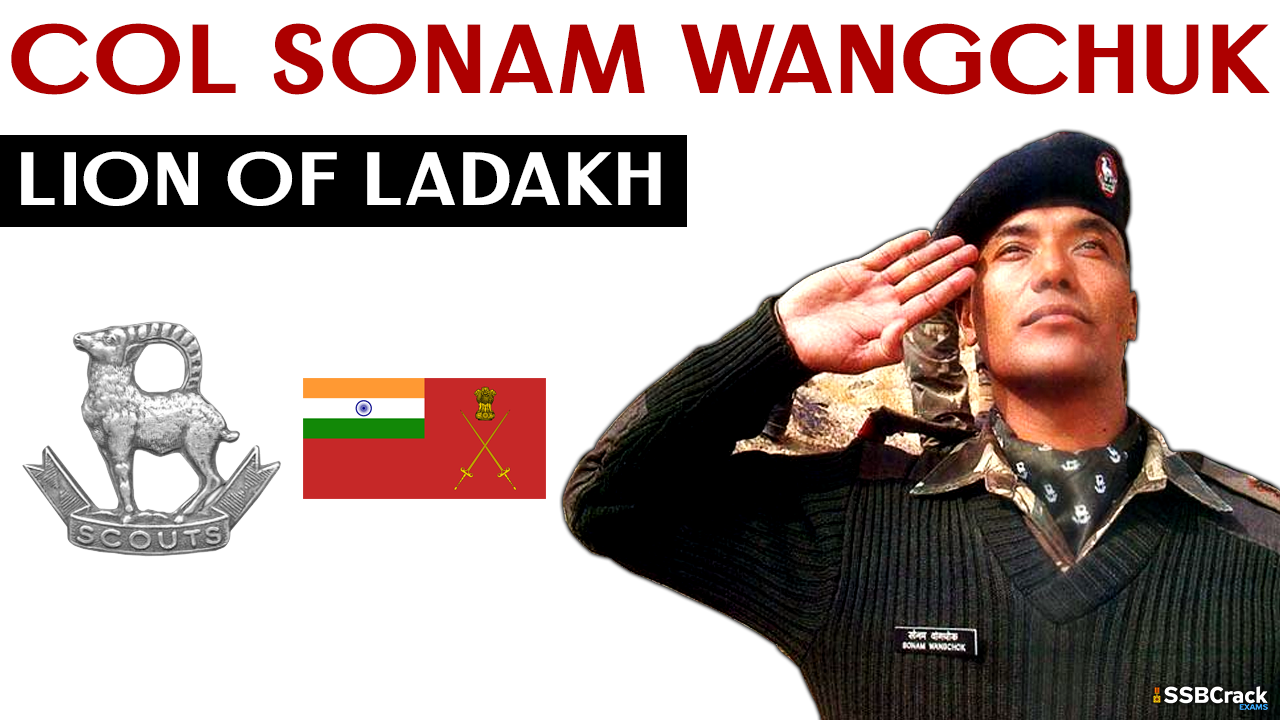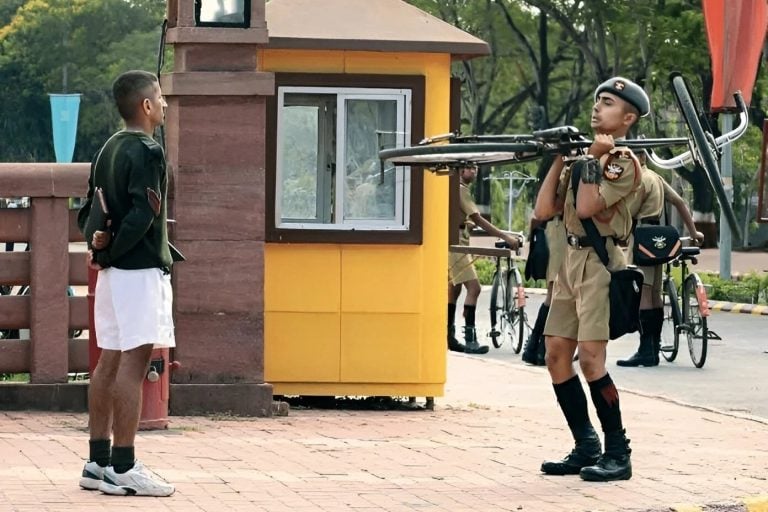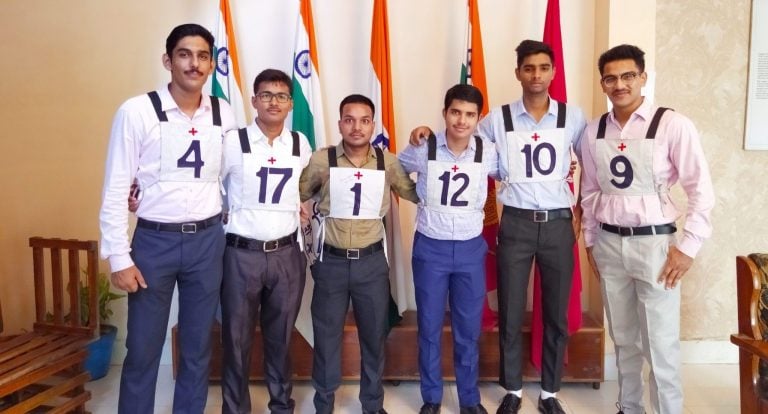The story is set in Ladakh almost two decades ago — in a remote Shangri La filled with grey hills, yaks and sky-blue rivers. In this landscape of geographical superlatives, where the Himalayas envelop India, China and Pakistan in a fortified embrace, walks a man whose legend is as tall as the mountains.
Colonel Sonam Wangchuk, MVC, first captured the nation’s imagination and his people’s reverence when he and his team of men from the Ladakh Scouts stormed Chorbat La in 1999; an act of such exemplary daring that it turned the tide of the Kargil War and earned Col Wangchuk, then a Major, a Maha Vir Chakra (India’s second highest wartime military decoration). Chorbat La lies in the high ranges that mark the Line of Control. Nothing thrives here except barley fields, Buddhism and the belief of a hardy people that flutters as high as the prayer flags. Over centuries, Chorbat La has been a gateway for marauding invaders who were repulsed by Ladakhi kings.
On a cold night in June 1999, Maj Wangchuk took a leaf out of the book of his kings, and along with the Ladakh Scouts, a regiment of men drawn from these parts and known as the Snow Tigers, launched an offensive to recapture the pass from Pakistani troops. The Ladakh Scouts was raised in 1948 as the Nubra Guards, and re-formed as an infantry regiment in 2000, after it negotiated ice walls to script an incredible story that has made it to textbooks. The 70th anniversary of the regiment was marked by the presentation of the President’s Colours and the release of The Lion of Ladakh, a 15-minute documentary on the capture of Chorbat La as narrated by the men who did it.







